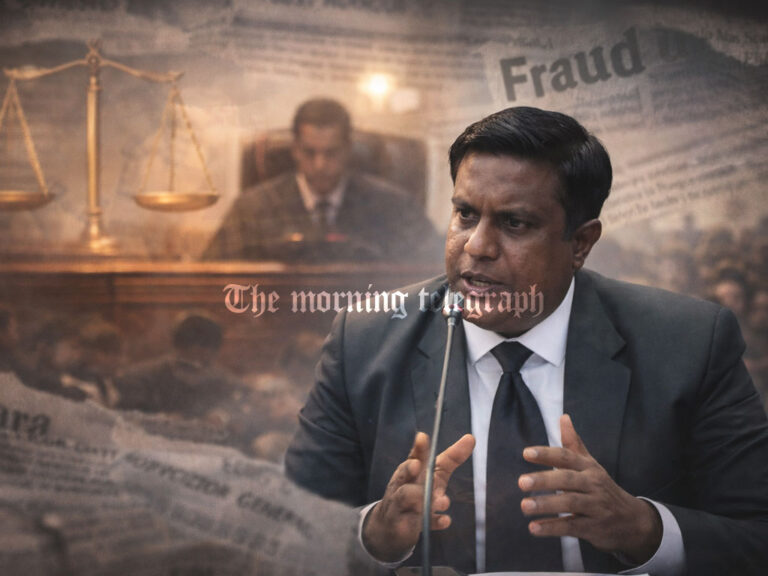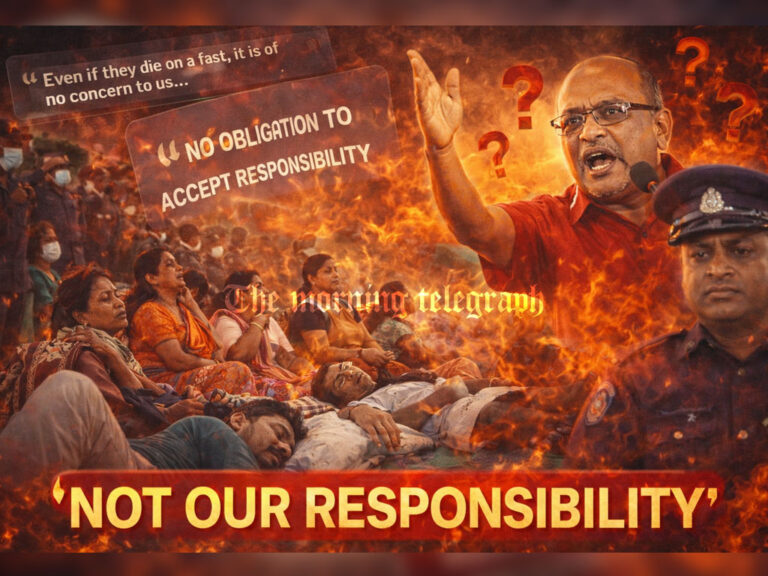
- Efforts to Modify SLR Constitution Stalled Amid Criticism and Legal Pressure
Sri Lanka’s rugby world has been thrown into turmoil following a decisive Appeals Court ruling that ordered the Director General of Sports to stop efforts to amend the Sri Lanka Rugby (SLR) constitution until long-overdue elections are conducted. The ruling, which comes amid growing tension, highlights the frustrations of provincial rugby unions and professionals eager to resolve the sport’s ongoing governance crises.
The court’s decision aligns with regional rugby associations’ arguments that any changes to the SLR constitution must first receive approval from all stakeholders. They emphasized that a Special General Meeting (SGM) with an elected election committee including two retired judges and a government official is required to ensure fair oversight. This process, they insist, is crucial for maintaining transparency and safeguarding the interests of everyone involved in rugby.
Critics have accused the Director General of pushing constitutional amendments that benefit World Rugby (WR) and Asia Rugby (AR) rather than local rugby interests. Provincial leaders, backed by President’s Counsel Faiszer Musthapha, argue that this move undermines local governance and sidelines domestic rugby entities, such as clubs, coaches, and players who rely on the sport for their livelihoods. They further claim that prioritizing WR’s interests threatens the role of Sri Lanka’s judiciary in upholding national governance standards.
Despite the court’s directive, the Director General allegedly continues to advocate for constitutional changes, causing officials to question his true intentions. They argue that delaying the Annual General Meeting (AGM) jeopardizes the sport’s future and compromises the governing structure outlined in the local rugby constitution.
With the court’s ruling, stakeholders insist the Director General must convene an SGM to establish an election committee. “This decision is critical for the future of rugby in Sri Lanka,” noted a representative from a leading provincial rugby union. “Rugby isn’t just a game it’s a livelihood for many, and postponing the AGM is depriving them of their right to work.”
The provincial unions’ legal team stressed that constitutional amendments fall under the SLR Council’s jurisdiction, not the Director General’s or external bodies like World Rugby or Asia Rugby. Musthapha’s team emphasized the need for governance that prioritizes local regulations and stakeholders’ interests.
Today’s court order marks the second instance of an interim suspension on constitutional changes, intensifying pressure on the Director General to prioritize the AGM. The rugby community remains on edge, hoping this ruling will lead to greater stability and fairness in the sport’s governance.
Representing the petitioners, President’s Counsel Faiszer Musthapha was joined by attorneys Pulasthi Rupasinghe and Kavin Hettiarachchi, while Additional Solicitor General Sumathi Dharmawardane represented the respondents in court.
The Appeal Court has upheld the stay order, keeping it in effect until a final ruling is made, as it dismissed initial objections and permitted the case to proceed. Representing the Provincial Rugby Unions, President’s Counsel Faiszer Musthapha, together with attorneys Pulasthi Rupasinha and Kavin Hettiarachchi, presented their case. On the respondents’ side, Additional Solicitor General Sumathi Dharmawardane argued the state’s position. The main objections in this case are set for review on December 3, 2024, a date that could prove pivotal for the future of Sri Lanka’s rugby governance.




